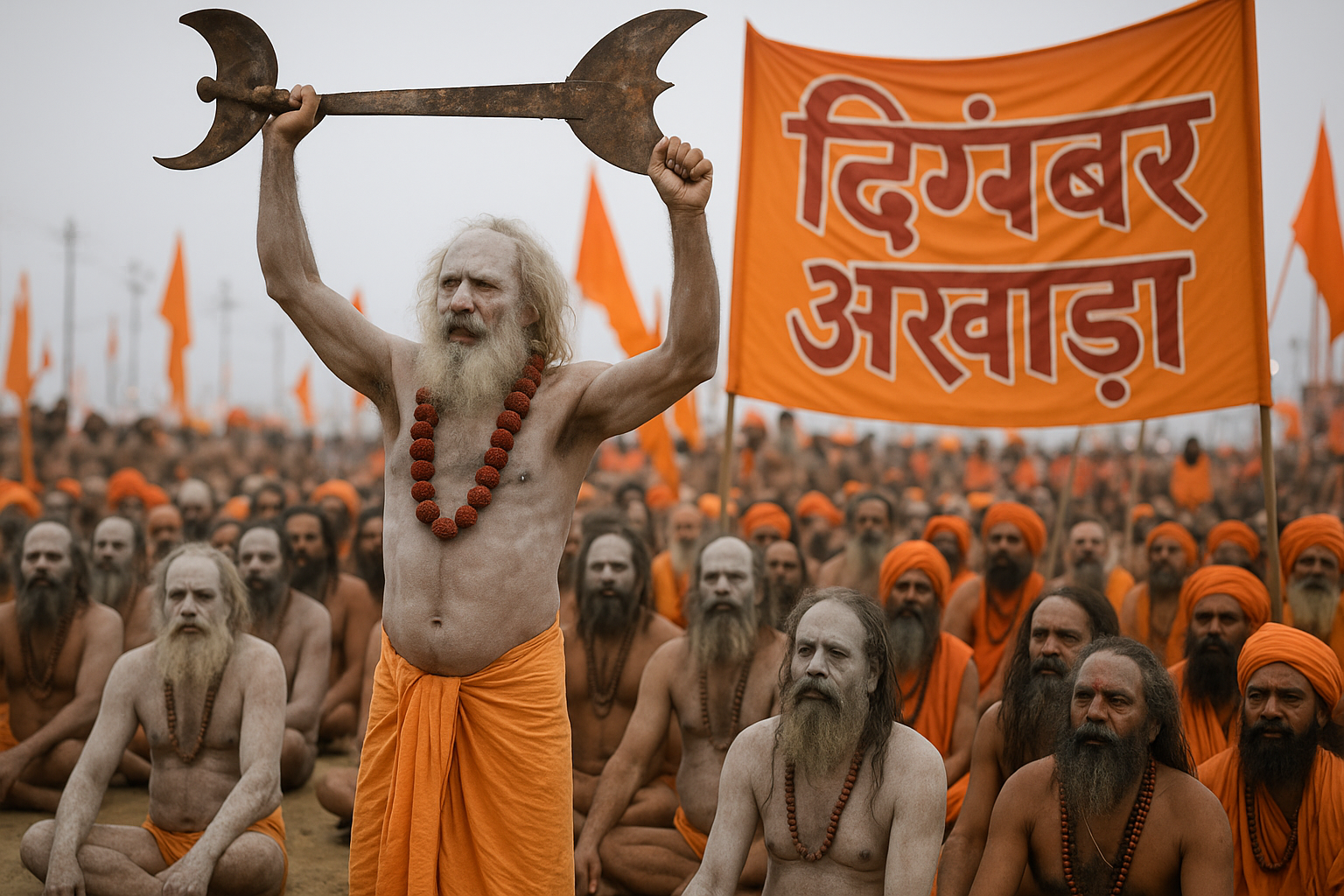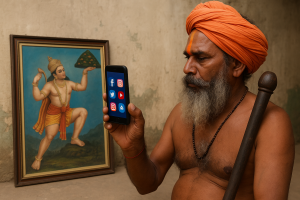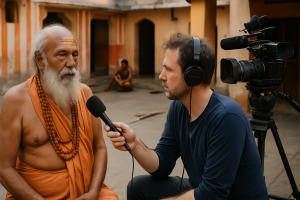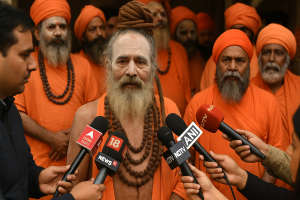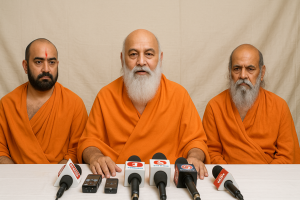Guardians of Dharma: The Role of Digambar Akhara in Annual Dharm Sansads
The Annual Dharm Sansads are among the most significant spiritual and religious events in the Hindu calendar, bringing together India’s most revered saints, seers, and spiritual leaders. Within these sacred councils, Digambar Akhara has consistently played a central and respected role—both as a preserver of Sanatan Dharma and as a dynamic participant in shaping the future of dharmic society.
Rooted in India’s ancient tradition of spiritual dialogue and ethical debate, the Dharm Sansad functions much like a parliament of wisdom. Far beyond the ceremonial, these gatherings offer serious engagement with critical issues facing Hindu society today. From doctrinal matters and cultural preservation to religious freedom and ethical living, the discussions held here reverberate across temples, mathas, and even public policy.
Digambar Akhara, known for its deep Shaivite lineage and disciplined ascetic order, brings a unique voice to the table—one that is grounded in rigorous scriptural authority (shastrarth) and lived experience. The Akhara’s saints, including Mahamandaleshwars and senior acharyas, contribute thoughtful discourse based on Vedantic philosophy, yogic discipline, and dharmic responsibility.
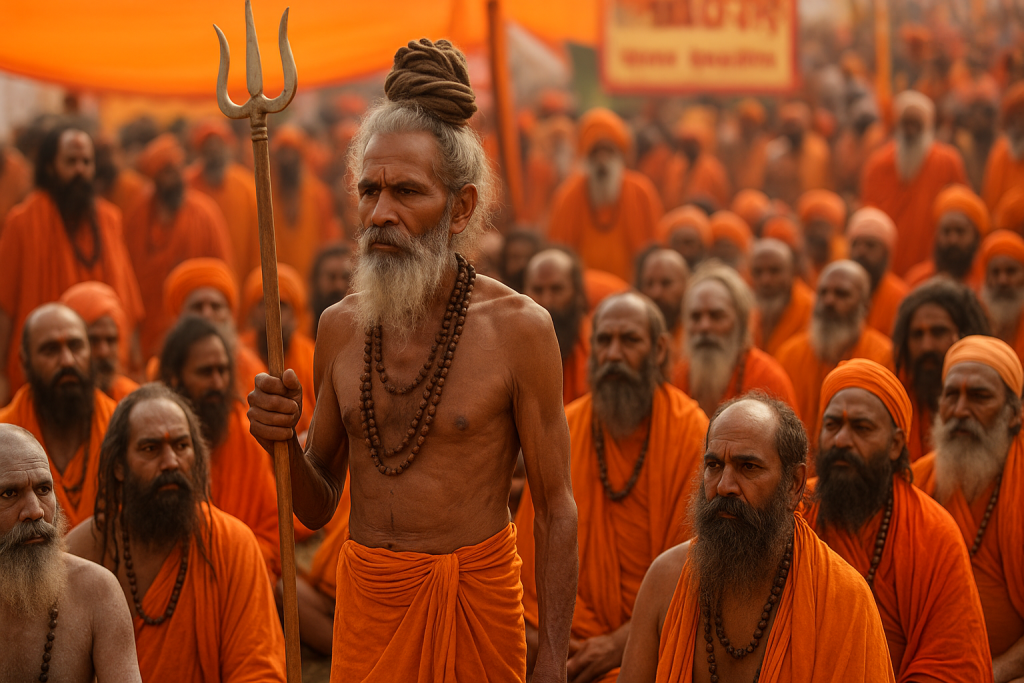
One of the most powerful aspects of Digambar Akhara’s presence at the Dharm Sansads is its ability to bridge tradition and contemporary relevance. Whether the topic is temple management, the protection of sacred sites, or the threat of cultural dilution in the digital age, the Akhara’s voice is marked by clarity, courage, and commitment to dharma.
During the Sansad, sessions are often opened with Vedic chanting, sankirtan, and spiritual blessings. Saints address the audience on key themes and respond to questions from fellow delegates and attendees. The event often concludes with the passing of formal resolutions—pronouncements that serve as the collective stance of Hindu monastic leaders. These resolutions are widely disseminated, influencing both religious institutions and socio-political narratives.
Digambar Akhara also uses this opportunity to connect with the younger generation. Disciples, sadhus, and lay devotees attending the Sansad witness firsthand the intellectual and spiritual authority of the Akhara’s leadership. This reinforces the lineage’s role not just as a relic of the past, but as a living, evolving source of guidance for the present and future.
In a world facing constant moral and cultural upheaval, the Annual Dharm Sansads are not just religious conferences—they are spiritual compasses. And within them, Digambar Akhara stands firm as a timeless voice of dharma, upholding the sacred, addressing the urgent, and pointing the way forward with unshakable resolve.
Through its continued participation and leadership, Digambar Akhara ensures that the sacred dialogue of saints remains vibrant and relevant—nurturing not only India’s spiritual heart but the global consciousness seeking truth.

